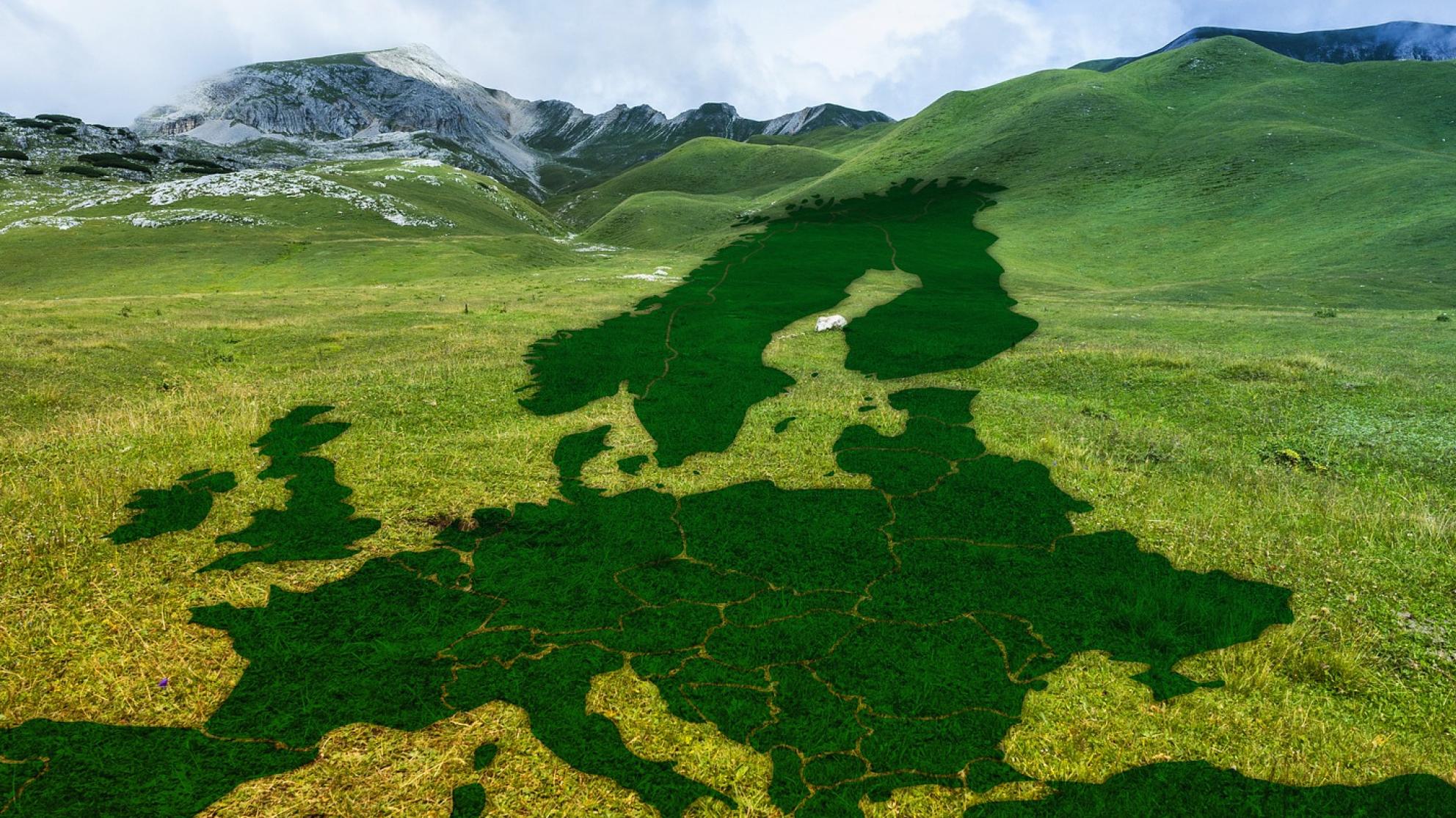GRETA project develops policy tools for sustainable smart specialization strategies

Green transformation means multi-level systemic transformation towards climate neutral and sustainable society with zero net greenhouse emissions. The project GRETA focuses on two areas of the European Green Deal: circular economy and renewable energy.
According to assistant professor Antti Mäenpää andprofessor Seija Virkkala, the project examines the role of regions in multi-level sustainable development.
– We will examine how green transformation can be initiated and promoted in different regions in the cooperation between different actors.
Green transformation is a deep transition of society and economy, in which human consumption of the resources of the planet is reduced. In order to achieve a sustainable future, we need strategies to transform the systems of innovation and the structures of our regional and national economies. This requires co-creation of a shared understanding across several sectors, institutions and levels.
The GRETA project will examine how the regions can achieve sustainable society and economy with their smart specialisation strategies and what kind of actors, resources, and policy tools are needed for different regional development paths towards green transition. The project GRETA builds on the experiences of LARS project (2017-2020) in which we mapped regional innovation networks in the Baltic Sea Region and analysed and transferred the good practices of cooperation between companies, universities, public organisations, and non-governmental organisations. Project GRETA will include environmental experts to ponder how to promote green transition among regional stakeholders. We will examine the relations between research, regulation, businesses, and political will in green transformation.
Regional Council of Ostrobothnia is the coordinator of the project GRETA and the partners are regional developers and researchers from Lithuania, Latvia, Sweden, and Finland. The University of Vaasa is the leader of the research working package Pentahelix Coordination. The project has started on Jan 1, 2021, and will continue until Sept 30, 2021. The team at the University of Vaasa consists of assistant professor Antti Mäenpää, professor Seija Virkkala, research manager Åge Mariussen, and research assistant Juuso Jääskeläinen, School of Management, Regional Studies.
Further information
Antti Mäenpää, Assistant Professor, Regional Science, University of Vaasa, tel +387 29 449 8531, antti.maenpaa@uwasa.fi
Seija Virkkala, Professor, Regional Science, University of Vaasa, tel +29 449 8335, seija.virkkala@uwasa.fi
- From LARS to GRETA https://www.lars-project.eu/results/meetings-and-events/from-lars-to-greta
- Interreg Baltic -ohjelman sivut https://www.interreg-baltic.eu/home.html
Project
GRETA (Green Transformation! A policy tool for Regional Smart Specialization)
- Duration: 1 January–30 September 2021
- Total budget: 396 911€, the budget of University of Vaasa: 87 090€.
- Financers: Interreg Baltic Sea, Ministry of Economic Affairs and Employment of Finland
- Contact persons at the University of Vaasa: Antti Mäenpää, Seija Virkkala